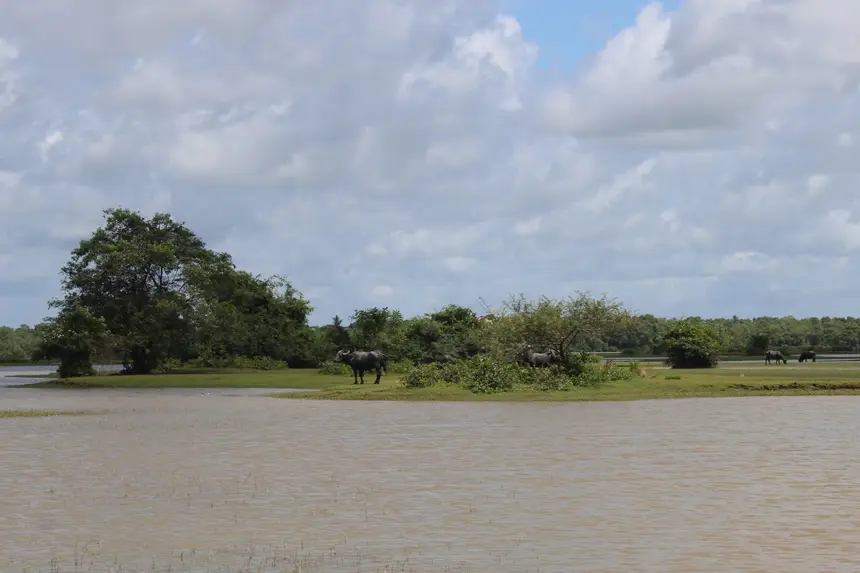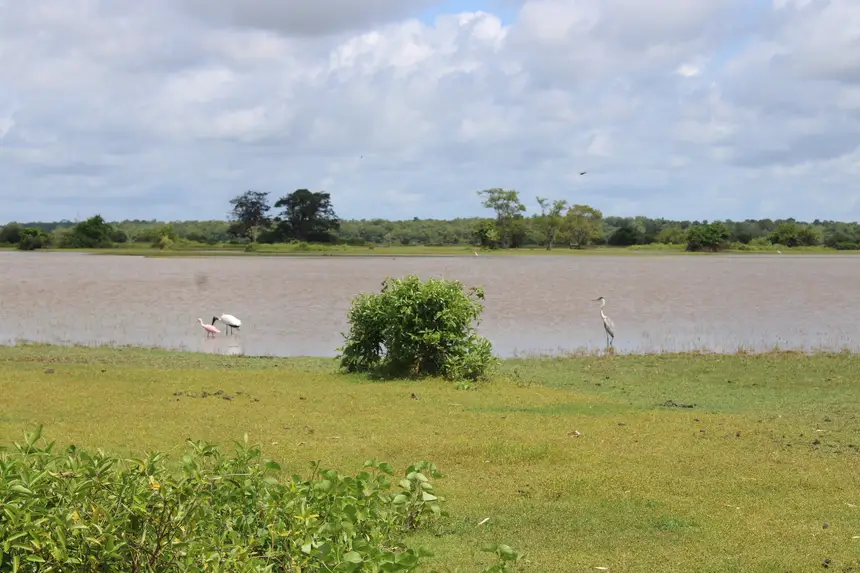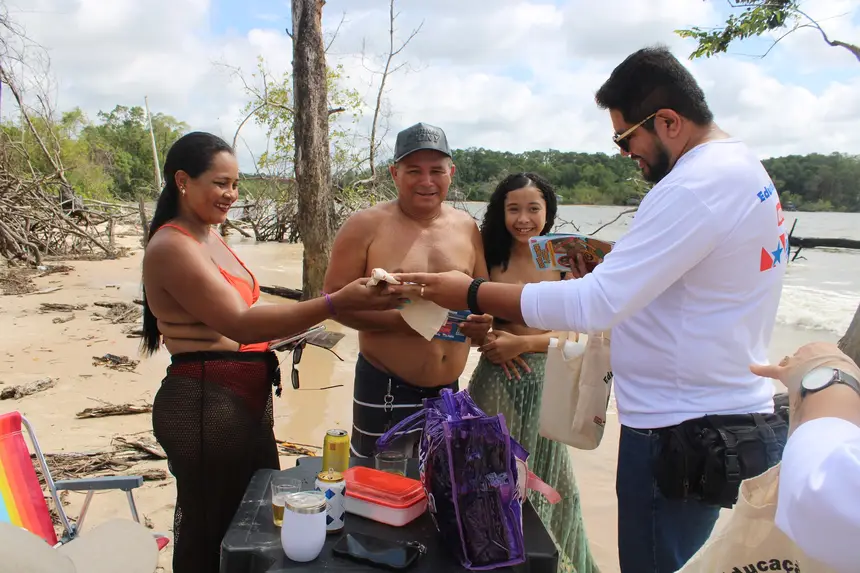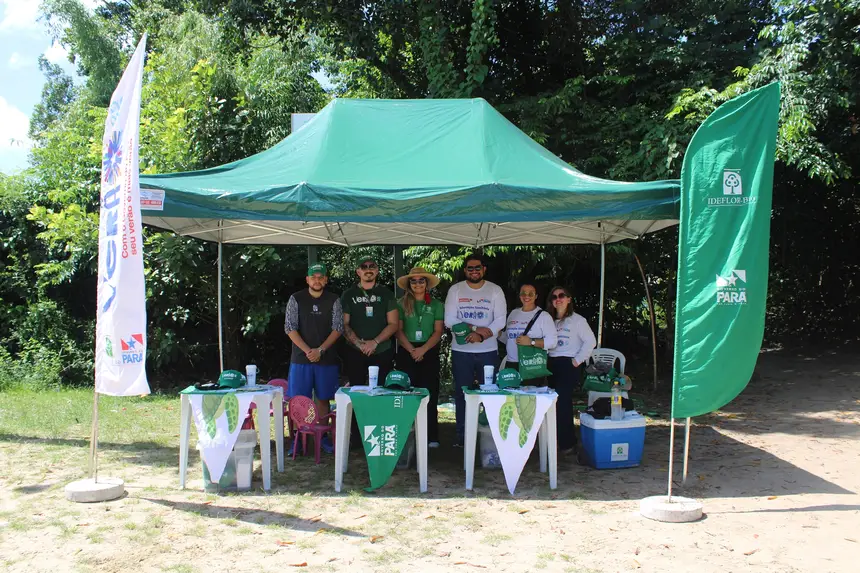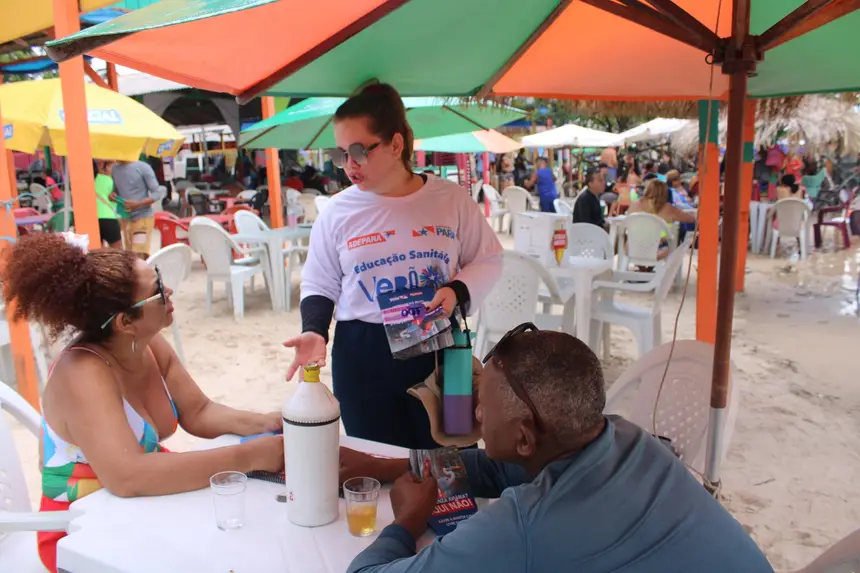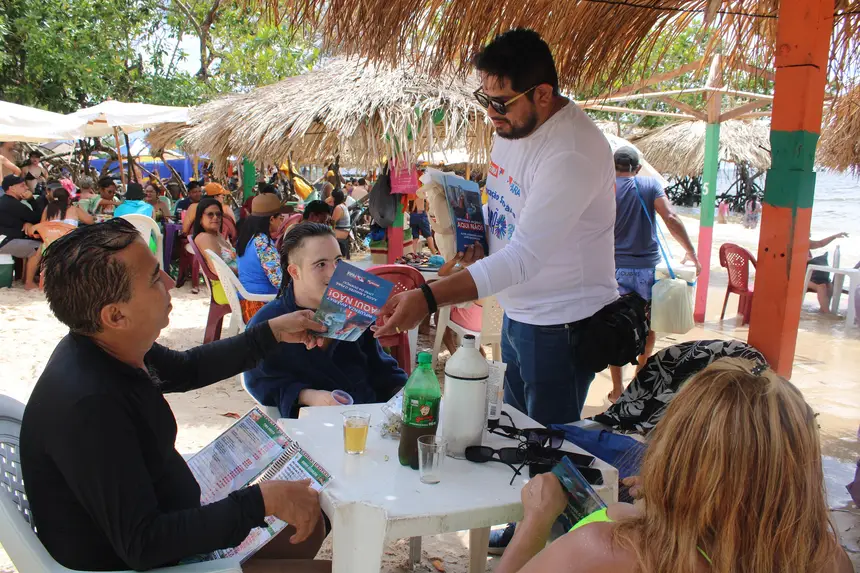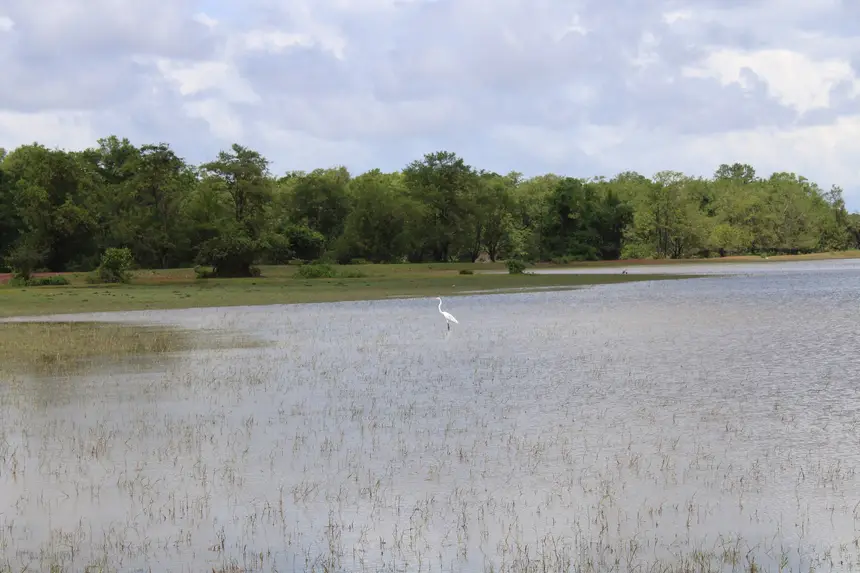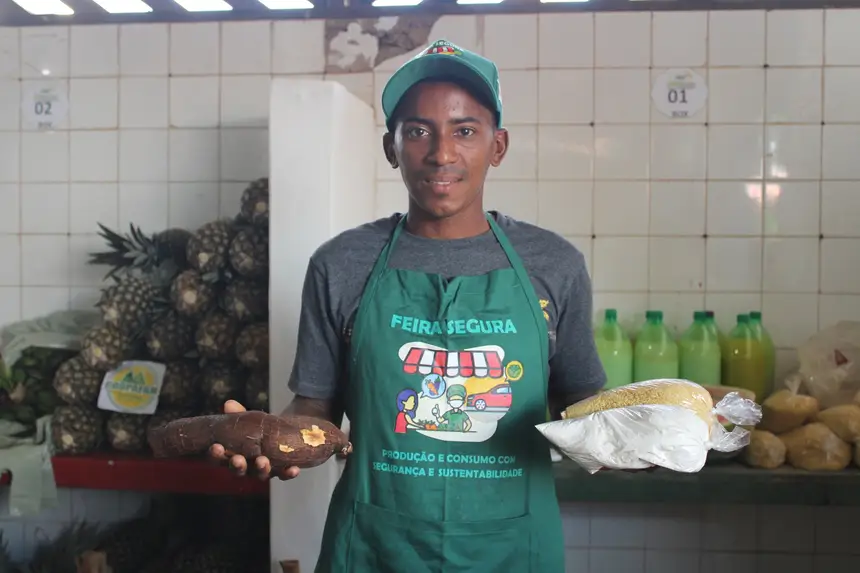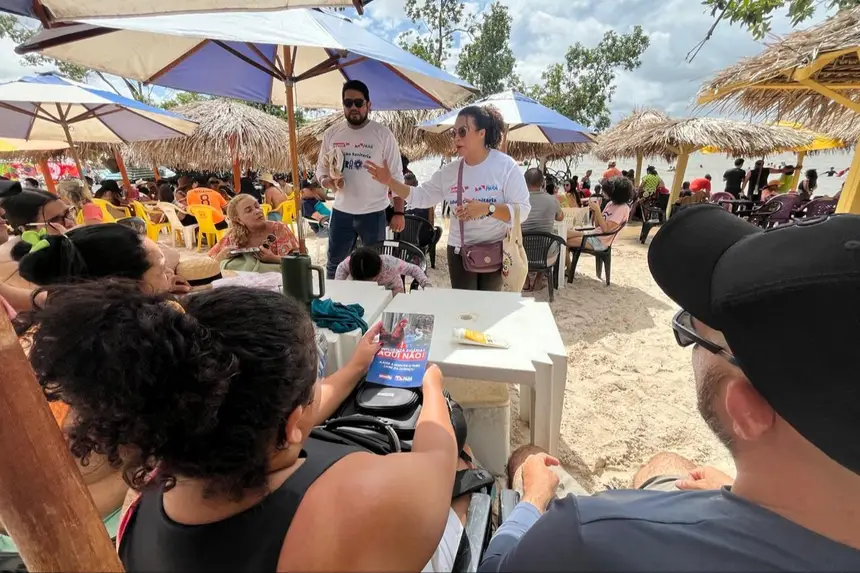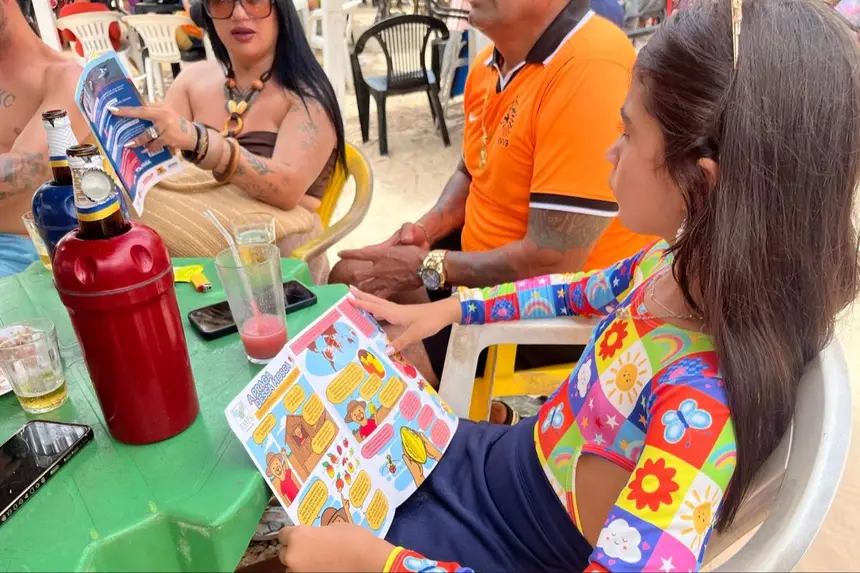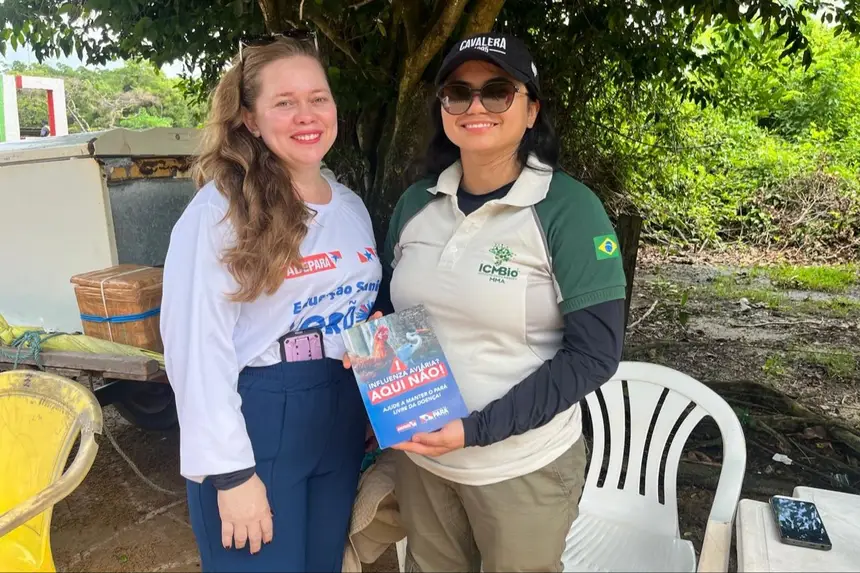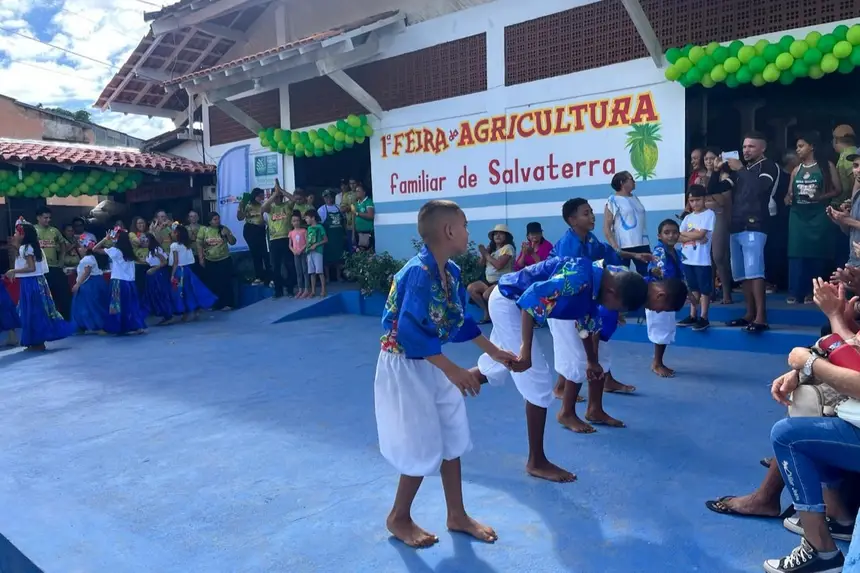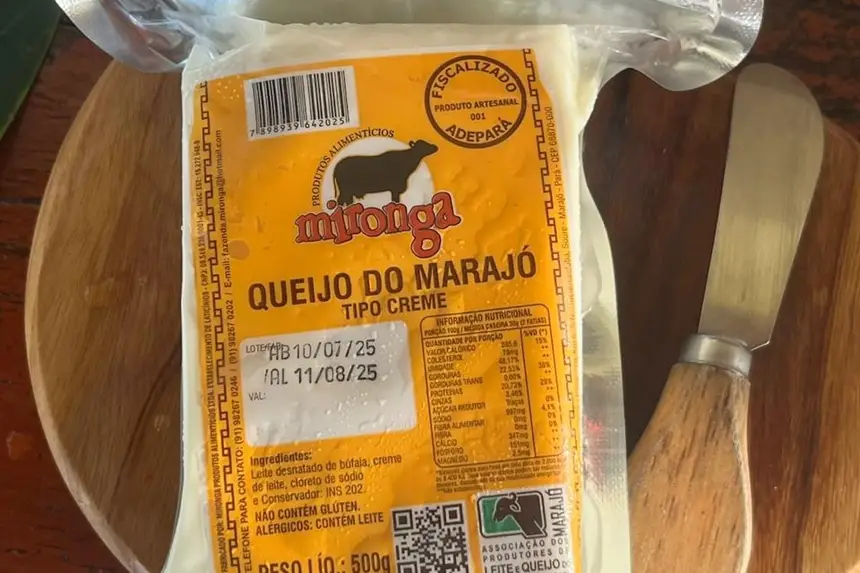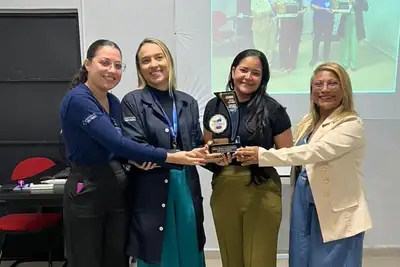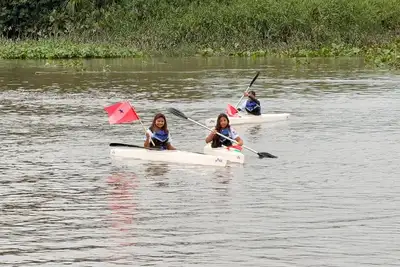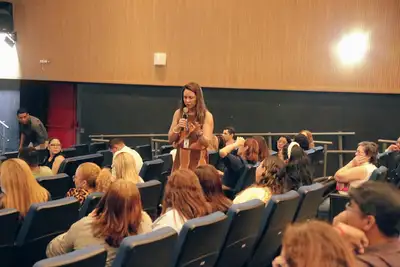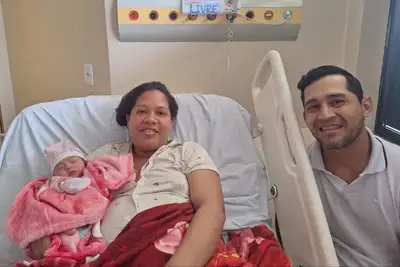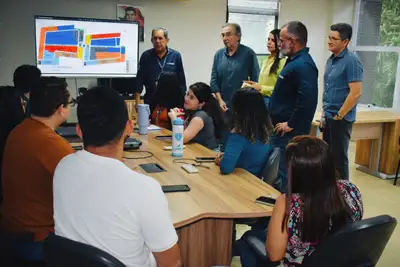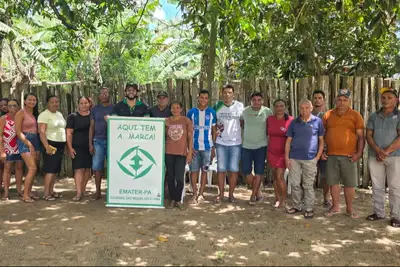Operation Summer brings educational actions from Adepará to municipalities in Marajó
With the participation of Ideflor-Bio, the goal is to raise awareness among residents and summer visitors in July about diseases transmitted by animals
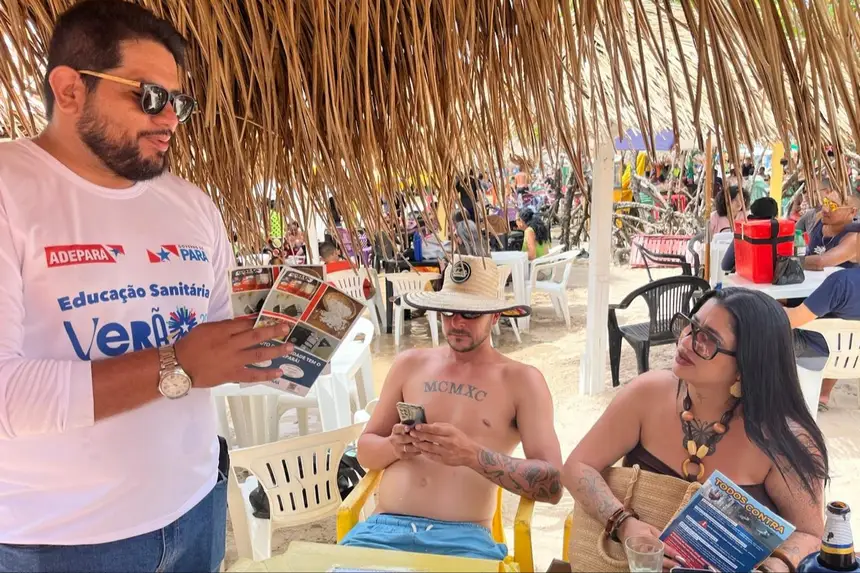
The eastern part of the Marajó Archipelago, which includes the municipalities of Cachoeira do Arari, Ponta de Pedras, Santa Cruz do Arari, Salvaterra, and Soure, is known for its natural beauty, especially its beaches, and for its rich cultural heritage, making it a highly sought-after tourist destination during the July holidays.
Of great importance for agriculture and livestock, the region offers experiences on farms where it is possible to learn about buffalo farming, the predominant animals in the landscape of the archipelago, and enjoy cheeses with geographical identification and other items from the local cuisine. Adapted to the climatic conditions of the region, buffaloes are prominent in Soure, where the herd exceeds 100,000 animals.
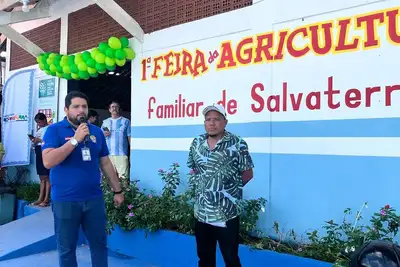
In the archipelago, which has the largest buffalo herd in the country, the State Agency for Agricultural Defense of Pará (Adepará), with a permanent presence throughout the year through actions that promote the health of the herd and agricultural crops, carried out another educational action integrated into Operation Summer 2025, executed by the Government of Pará.
"It is very important to inform our population about the various areas in which Adepará operates. People need to know that in Marajó, the rural sector goes far beyond buffalo farming. The plant area is highly significant. The Arari region has great potential for açaí, and with Salvaterra being one of the main pineapple-producing municipalities in the state, it is the main supplier of pineapple for the Metropolitan Region of Belém. We also have agro-industries focused on the production of flour and fruit pulps, all registered and authorized by Adepará," informed the acting Regional Manager of Adepará, Olivar Valente.
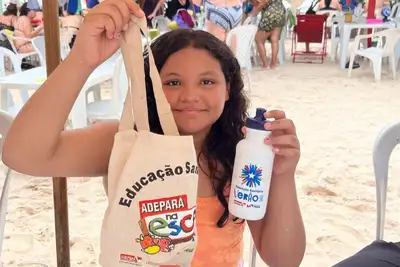
Educational actions - Separated by the Paracauari River, the municipalities of Soure and Salvaterra were visited by Adepará teams during the action aimed at raising awareness among the population about the prevention of zoonoses, diseases transmitted to humans by animals. The prevention of avian influenza is the focus of the action, considering that Marajó has two sites for migratory birds, where surveillance is conducted to confirm the absence of viral circulation.
In Salvaterra, during the I Family Agriculture Fair, the teams distributed educational pamphlets and approached producers and visitors. The first edition of the event involved 56 producers and 10 quilombola communities. The event aims to value the farmer by promoting the commercialization of products in the center of Salvaterra.
"The Fair welcomes farmers, fishermen, artisans, and sellers of medicinal plants. All were registered and participated in preparatory courses. Those who handle food take courses on food handling, and everyone had access to a pricing course. Thus, the participants arrived at the Fair properly trained. This is our first Family Agriculture Fair, and we are deeply pleased with the population's participation, which embraced the initiative, honoring local producers," emphasized Camila Assunção, a technician from the Municipal Agriculture Secretariat of Salvaterra.
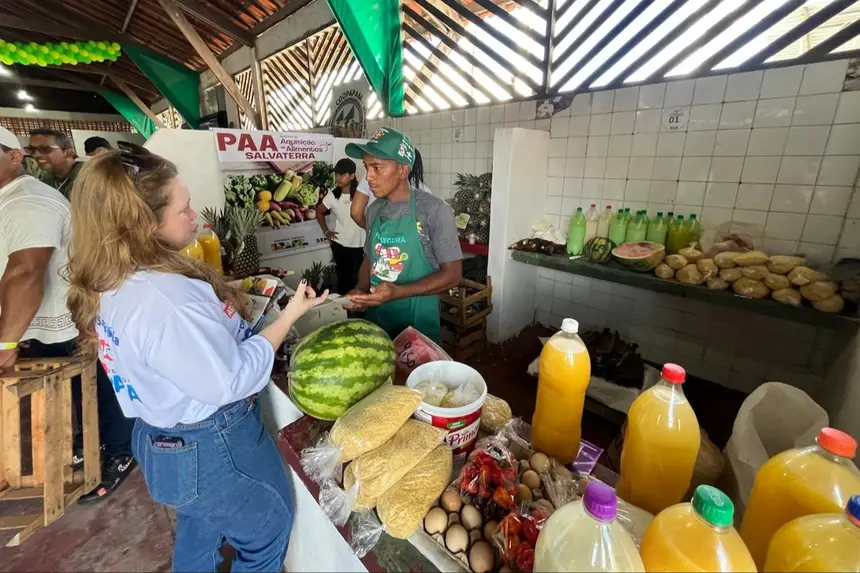
Production - Marajó is a reference production hub in the state. The partnership between the municipalities and the Defense Agency is essential for the regularization of products of animal and plant origins, promoting the development of agriculture in the municipality.
"We have production of cheese, milk, and honey. This partnership is fundamental. After the Fair, we want to work with farmers so that this partnership extends to other products. Adepará is already present in our municipality through pulps, pineapple, and other crops, but the diversification of products within our municipality is important. For sure, that is what we want, to strengthen internal and external production, but for that, we need to be legalized and registered," emphasized André Salvador, Secretary of Agriculture of Salvaterra.
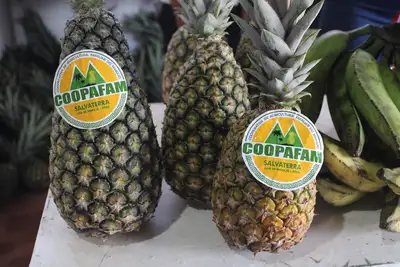
The diversity of products drives the economy of the Marajó territory. The fruit pulps that supply the local trade increase during this time of year, according to the Cooperative of Family Farmers of Salvaterra (Cafas), which has a registered agro-industry with Adepará for the production of fruit pulps in the Maruacá community. The Cooperative encompasses 50 families, and when production increases, work occurs in three shifts to meet demand. Pulps of guava, pineapple, passion fruit, taperebá, muruci, and cupuaçu are produced.
"We work double because people from the region migrate to the beaches to sell their products in the city, taking advantage of this great movement we experience during the July holiday period," said Luiz Artur Santos, a member of Cafas.
Guidance on the beaches - In Soure, families seeking the beaches as a leisure option in July were guided about diseases transmitted by birds. Since Marajó receives visitors from other municipalities, teams also advised summer visitors to avoid transporting fruits to prevent the spread of the Caribbean fruit fly, an insect that uses more than 30 types of fruits to reproduce. If not combated, it can compromise fruit production in Pará and other regions of the country.
There was distribution of educational giveaways about the agricultural defense programs developed by Adepará in the Pará territory.
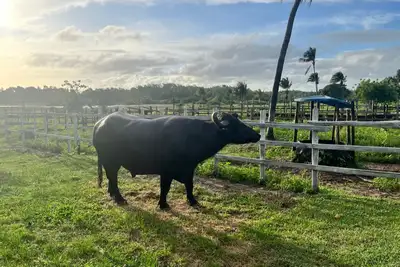
In Marajó, the actions were integrated by teams from the Institute of Forest Development and Biodiversity (Ideflor-Bio), uniting the institutions that operate in Marajó so that residents and visitors engage in the preservation actions of this territory. "We have to show the people that it is good to be from Marajó, that the territory is beautiful and the space is theirs, and they need to take care of it. It is an integrated work that brings environmental awareness so that sustainable development occurs equally in Marajó," emphasized Hugo Dias, manager of the conservation units in the Marajó territory.
In addition to Marajó, Operation Summer, through Adepará, carried out actions on Mosqueiro Island (a district of Belém) and in the municipalities of Salinópolis, Bragança, Santarém, and Conceição do Araguaia, mobilizing 50 servers, with the support of 12 vehicles. The goal was to raise awareness among the population about the importance of agricultural defense to ensure the health of state production.


